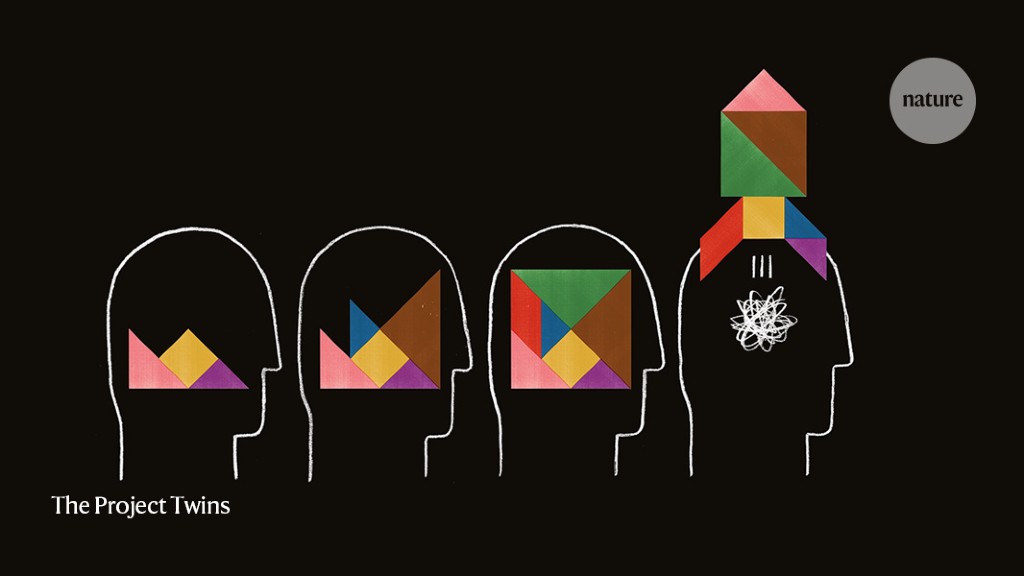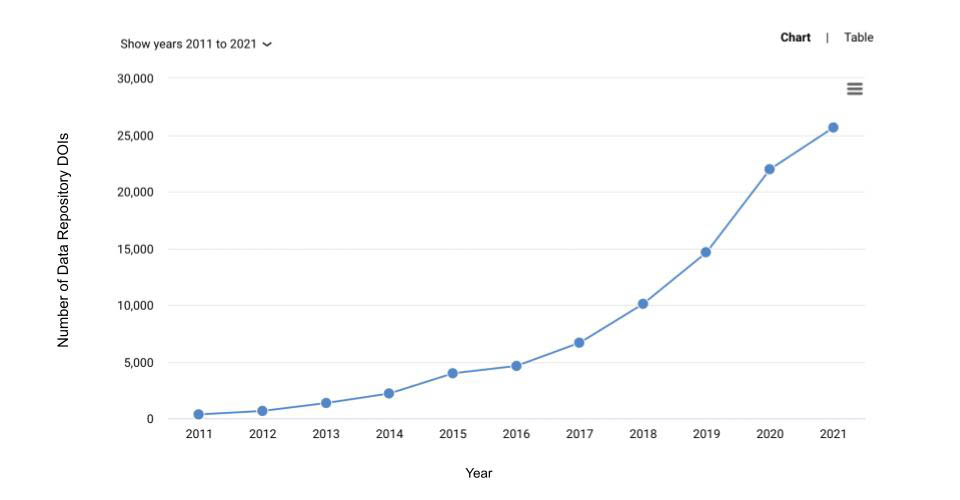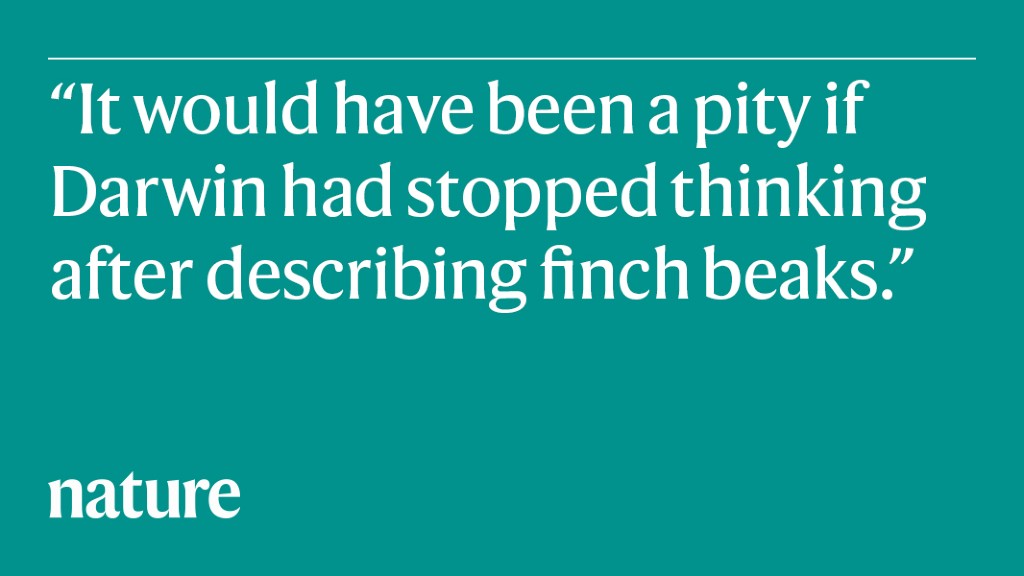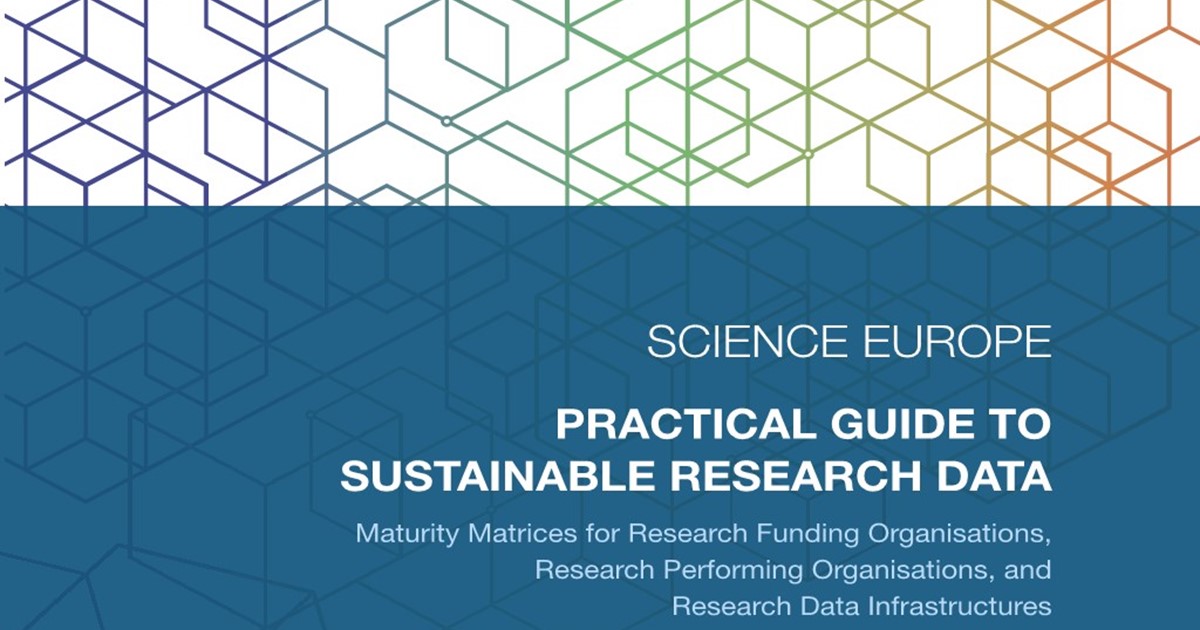It's Time to Extend the FAIR Principles of Data Sharing
To create a research culture that makes the best use of available data, the FAIR principles need to be extended

Send us a link
To create a research culture that makes the best use of available data, the FAIR principles need to be extended


Indigenous researchers and communities are reshaping how Western science thinks about data ownership.
Research data repositories play a vital role in ensuring research is reproducible, replicable and reusable. Yet, the infrastructure supporting them can be impermanent.


Open data practices are largely conceived and managed in ways that support quantitative, rather than qualitative data. Susie Weller outlines how an ethics of care is essential to making open qualitative data practical and ethical.

There are important differences in how countries treat and value data. This report compares key data policies in China, India, Singapore, the United Kingdom, and the European Union.

Data sharing has been a success for large collaborations like CERN and LIGO. But what about small research groups with bespoke experimental setups?
Christian Grubak from ChronosHub and Josh Brown from MoreBrains share their thoughts on the transition to open access and the needs for its formalised management and collaborative community actions
Science and public health can benefit tremendously from sharing and reuse of health data. The Research for Health department has helped spearhead the launch of a new policy from the Science Division which covers all research undertaken by or with support from WHO. The goal is to make sure that all research data is shared equitably, ethically and efficiently.

The FAIR Data Principles are being rapidly adopted by many research institutes and funders worldwide. This study assesses the awareness and attitudes of clinical researchers and research support staff regarding data FAIRification.

The open data revolution won't happen unless the research system values the sharing of data as much as authorship on papers.

This post looks at the progress that's been made toward open research data -- what's been achieved, what still needs work, and what happens next?

The data-sharing policy could set a global standard for biomedical research, scientists say, but they have questions about logistics and equity.

The Open Research Data (ORD) Action Plan specifies the measures of the ORD Strategy published in July 2021. It represents a further step for Swiss institutions towards facilitating access to research data and thus Open Science.
How can libraries help to prevent tracking in science, thereby protecting the data of the researchers and, in an idealistic sense, scientific freedom?
Problems with effective research data sharing persist and these problems have been quantified by previous research as a lack of time, resources, incentives, and/or skills to share data.
This paper presents the application profile for machine-actionable data management plans that allows information from traditional data management plans to be expressed in a machine-actionable way.
Study investigates the importance of tasks associated with data sharing, and researchers’ satisfaction with their ability to complete these tasks.
Data should be a means to knowledge, not an end in themselves.

PLOS keeps a watchful and enthusiastic eye on emerging research, and we update our policies as needed to address new challenges and opportunities that surface.

By adopting the Open Research Data (ORD) Strategy, swissuniversities has taken a further step towards Open Science and follows on the existing Open Access strategy.
Liz Bal from Jisc discusses the scholarly publishing lessons learned from COVID-19, and how they can be applied to make research communication more efficient and effective.

This Practical Guide provides guidance to ensure the long-term preservation and accessibility of research data, and supports organisations to provide a framework in which researchers can share their output in a sustainable way.

This study examines psychologists' motivations to share data and how to better promote psychologists' data sharing and open data badge adoption.
Open Science requires a sustainable, trustworthy and comprehensive network of repositories that can support researchers around the world in managing, sharing and preserving their data, argue Science Europe, COAR, CoreTrustSeal, the European University Association, and the World Data System.

The BMBF project OPTIMETA aims to strengthen the Open Access publishing system by connecting open citations and spatiotemporal metadata from open access journals with openly accessible data sources.